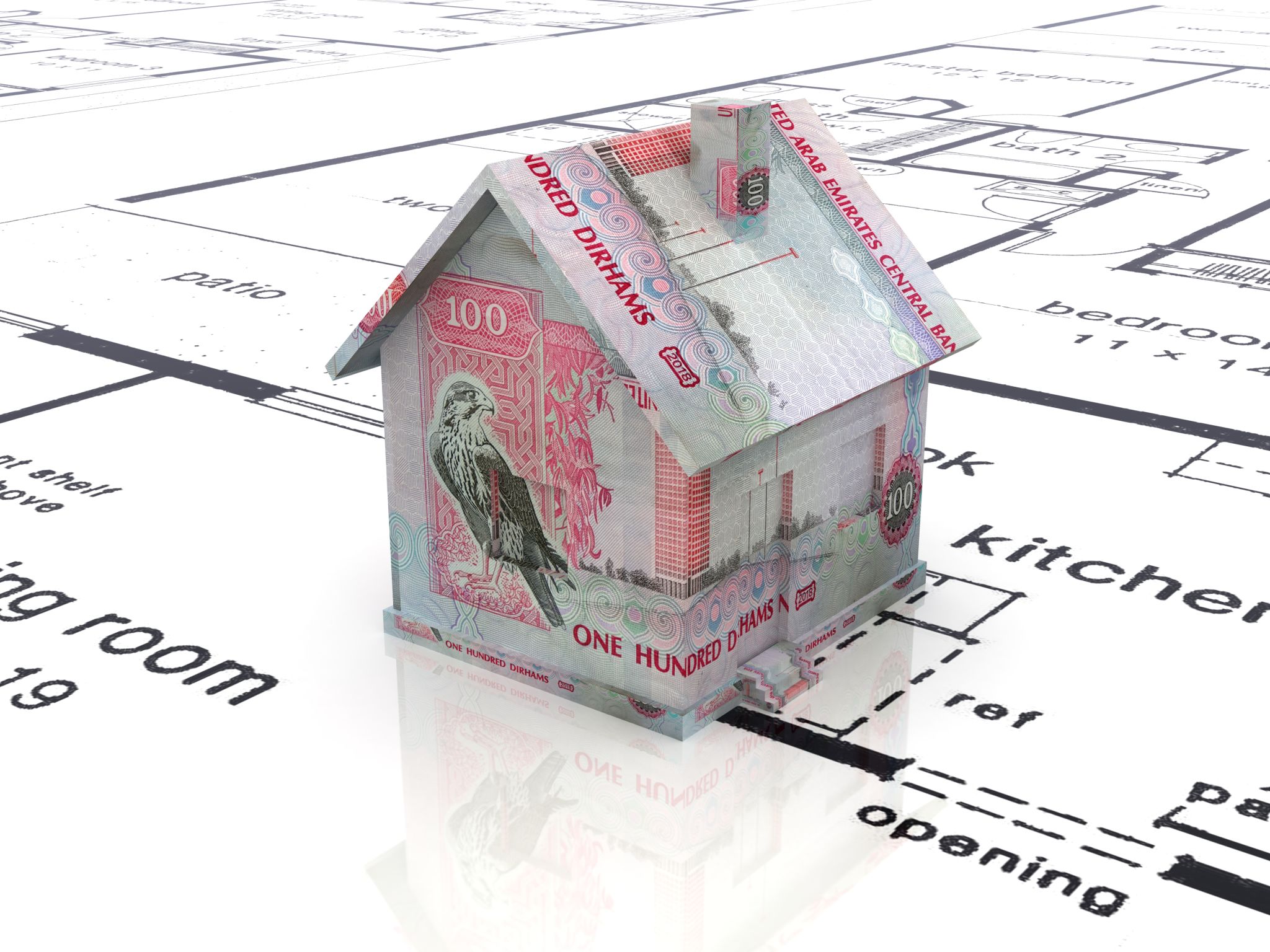Navigating Property Regulations in Dubai: What Every Buyer Should Know
Understanding Dubai's Property Market
Dubai's property market has become a hotspot for international investors and homebuyers alike. With its futuristic skyline, luxurious lifestyle, and strategic location, it's no wonder that people from all over the world are drawn to invest here. However, navigating property regulations in Dubai can be complex, especially for first-time buyers. Understanding these regulations is crucial to ensure a smooth and successful property acquisition.

The Importance of Legal Framework
Dubai's property market is governed by a comprehensive legal framework designed to protect both buyers and sellers. The Real Estate Regulatory Agency (RERA) oversees the real estate sector, ensuring transparency and fairness. It's essential for buyers to familiarize themselves with RERA's guidelines, which cover aspects such as property registration, escrow accounts, and legal contracts.
One of the key regulations is the requirement for all property transactions to be conducted through registered agents and brokers. This ensures that buyers are dealing with legitimate entities, reducing the risk of fraud. Additionally, understanding the role of the Dubai Land Department (DLD) is crucial, as it handles property registration and transfer of ownership.
Types of Property Ownership
In Dubai, there are different types of property ownership that buyers should be aware of. These include freehold, leasehold, and usufruct rights. Freehold properties allow buyers full ownership of the property and the land it sits on. In contrast, leasehold properties give ownership for a fixed period, typically 99 years, after which the ownership reverts to the landowner.

It's important to note that foreign nationals are only permitted to purchase freehold properties in designated areas. Understanding these ownership types helps buyers make informed decisions based on their long-term goals and investment strategies.
Financing Options and Mortgage Regulations
Securing financing is a crucial step for many buyers. Dubai offers a range of mortgage options through local and international banks. However, there are specific regulations buyers must adhere to. For instance, non-residents usually need a larger down payment compared to UAE nationals. Additionally, the maximum loan-to-value (LTV) ratio is regulated based on the property's value.
Buyers are advised to consult with financial advisors or mortgage brokers to explore the best financing options available. It's also essential to be aware of potential fees associated with mortgages, such as arrangement fees, valuation fees, and early settlement penalties.

Understanding Fees and Costs
Purchasing property in Dubai involves several fees and costs beyond the property's price tag. These include registration fees with the DLD, agency fees, and developer fees if buying off-plan properties. Additionally, buyers should budget for ongoing costs such as maintenance fees, service charges, and utility bills.
Being aware of these expenses upfront ensures that buyers are financially prepared and can avoid unexpected surprises during the buying process.
The Role of Due Diligence
Conducting thorough due diligence is vital when purchasing property in Dubai. This involves verifying the legitimacy of the developer, ensuring there are no legal disputes associated with the property, and confirming that all necessary permits and approvals are in place. Buyers should also review the terms and conditions of the sale agreement carefully before proceeding.
Engaging a reputable legal advisor can be invaluable in this process, offering peace of mind and safeguarding the buyer's interests.
Conclusion
Navigating property regulations in Dubai requires a clear understanding of the legal framework, ownership types, financing options, and associated costs. By equipping themselves with this knowledge and seeking professional advice where necessary, buyers can make informed decisions and enjoy a seamless property acquisition experience in one of the world's most dynamic real estate markets.
